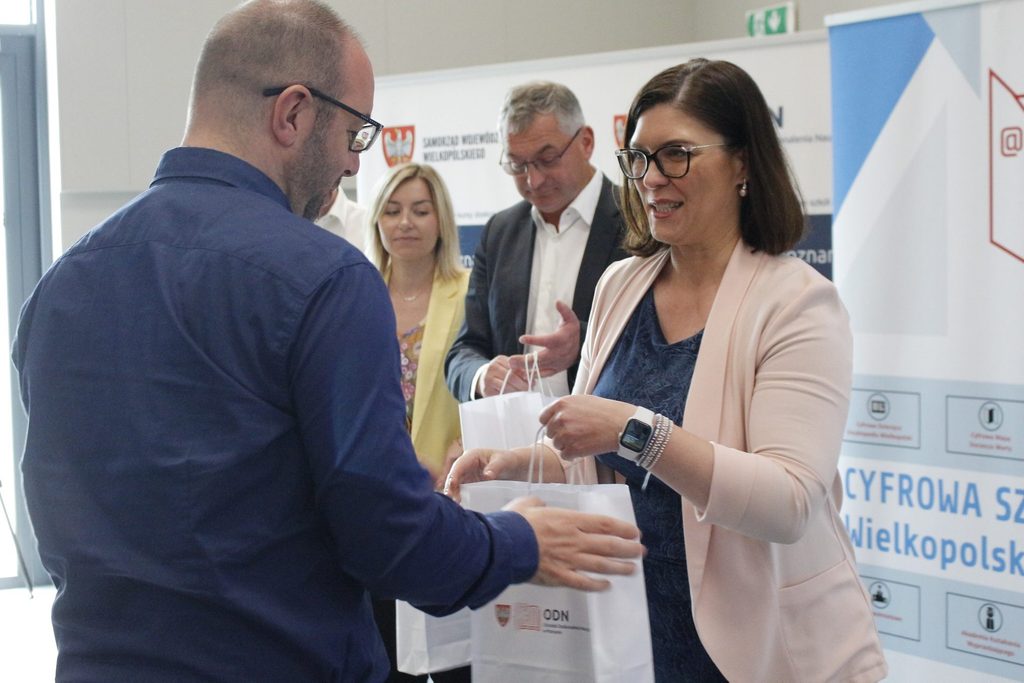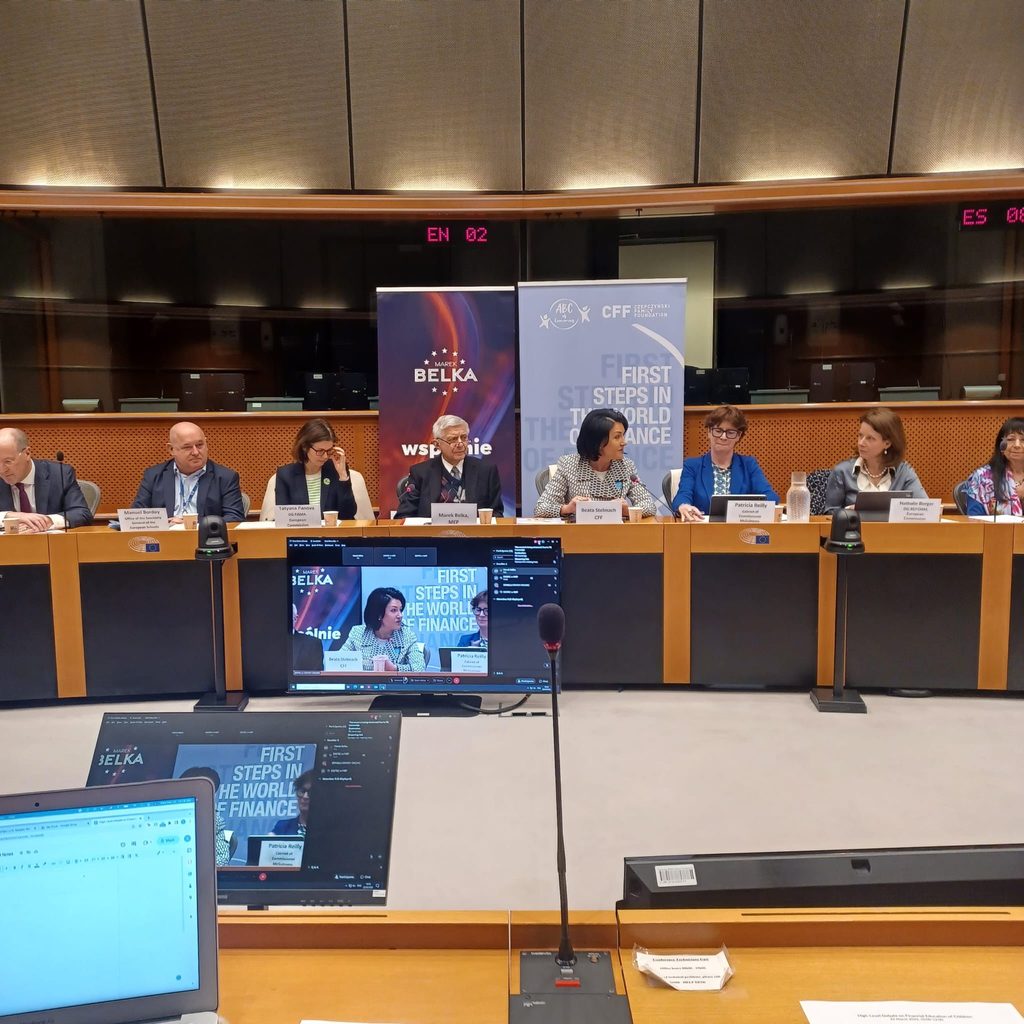This concern stems from worries abut the potential impact of shrinking welfare systems and employment-related benefits, shifting demographics, and the increased sophistication and expansion of financial services. Also, the impact of Covid-19 pandemics on individuals’ income and savings played its role and there is a need to make sure, that citizens are more financially resilient.
Against this background children have access to money and start using financial services from a young age. As the world of finance is changing fast, there are many opportunities but also much more threats attached with financial decisions. Consequently, there is risk of developing bad habits. To ensure that children can meet these challenges and can take charge of their own financial future, they should have access to financial education from an early age.
Financial education at schools
“Economics and its basic concepts are part of our daily life. The sooner children will get familiar with the notion of personal finance the better they will understand the world around them” explains Paulina Stochniałek, Board member of the Wielkopolska region from Poland.
Poland has recently finalized its work on national financial education strategy. Implementation process will start soon with actions addressed at priority groups such as children and teachers. However, some regions have decided to take proactive steps and implement financial education at local schools starting already from May this year.
Almost 600 primary schools in the Wielkopolska region have been equipped with financial education project “ABC of Economics”, developed by Czepczyński Family Foundation (CFF).
“Financial education requires education materials, which are adapted to the needs of children. This is why we have organized a call for tender and have selected education project developed by CFF. The youngest children will have an opportunity to learn about the value and respect for work. They will get familiar with the notion of home budget, saving and a loan. This knowledge will pay off in their entire life” adds Paulina Stochniałek.
As part of the financial education program “ABC of Economics”, each school in the Wielkopolska region will receive 30 books, teaching materials including lesson scenarios and working cards. Teachers will be also trained.

Paulina Stochniałek and Artur Czepczyński are handing over financial education materials to teachers from the Wielkopolska region
European approach to financial competences of children and youth
In order to make sure that children have access to quality financial education in EU Member States, the European Commission is currently finalizing its work together with OECD on a common financial competence framework of children and youth. A similar framework for adults has been adopted last year.
Tatyana Panova, Head of Unit of Capital Markets Union in the European Commission, who is leading on this work explains that the Commission is hoping to publish the framework already this autumn. “This is the result of the intense joint work with the OECD colleagues and education and finance representatives from Member States. The framework represents an easy-to-navigate-through ABC for members of the education community developing a curriculum for children in school training. Such a framework has the potential of not only facilitating the task of teachers designing a future financial education class but would also ensure that classes are developed from the common starting point, leading to convergence of the content of such classes across all European schools, choosing to use this framework” explains Tatyana Panova.
The Commission wants to make sure that this tool is user friendly and that it will be helpful for teachers. “To facilitate its uptake, we are preparing an excel tool that would allow future users to effectively pick and choose the most relevant competences - be it digital, sustainable, entrepreneurship or wider social dimensions relevant to financial literacy. We will also ensure that the framework is translated in other EU official languages to ease the implementation at national level” adds the Commission representative.
A common framework is expected to facilitate the coordination, design and evaluation of policies and concrete actions taken by national policymakers and stakeholders, including education practitioners. This will facilitate the sharing of best practices and make financial literacy measures more effective across the EU.

High-Level Debate on Financial Education of Children - CFF is discussing financial competence framework for children with DG FISMA and DG REFORM
Member States can count on financial support from the Commission
A growing number of countries provide financial education at schools, however there is still a lot to be done. According to Natalie Berger, Director of Support to Member State reforms from European Commission DG REFORM: “Financial education has become increasingly relevant in recent years, not only for adults but also for children. Starting to acquire essential financial skills, like investing, budgeting and personal financial management early provides children with better chances to become autonomous adults. It will help them to contribute to sound financial management within their households and, later on, in their communities, as consumers, investors or entrepreneurs”.
This is why the European Commission is supporting financially Member States in the process of developing and applying national financial education strategies. As Natalie Berger explains “With the Technical Support Instrument, the Commission stands ready to help national, regional and local authorities to design and implement reforms meant to bring awareness on the importance of financial education and training for adults and children”.
The need to improve financial literacy of children and young people is growing. Implementing financial education at schools is not an easy process however it is good to see many valuable initiatives at European, national and regional level. This is a joint effort that needs involvement of all partners including public and European administration, education and non-governmental sector as well as financial institutions. Czepczyński Family Foundation is supporting the education sector while developing innovative education programs such “ABC of Economics” and making them available in various language versions so that children from EU countries can improve their financial literacy.
By Margareta Przybyla, International Cooperation and Partnership Coordinator at Czepczyński Family Foundation


